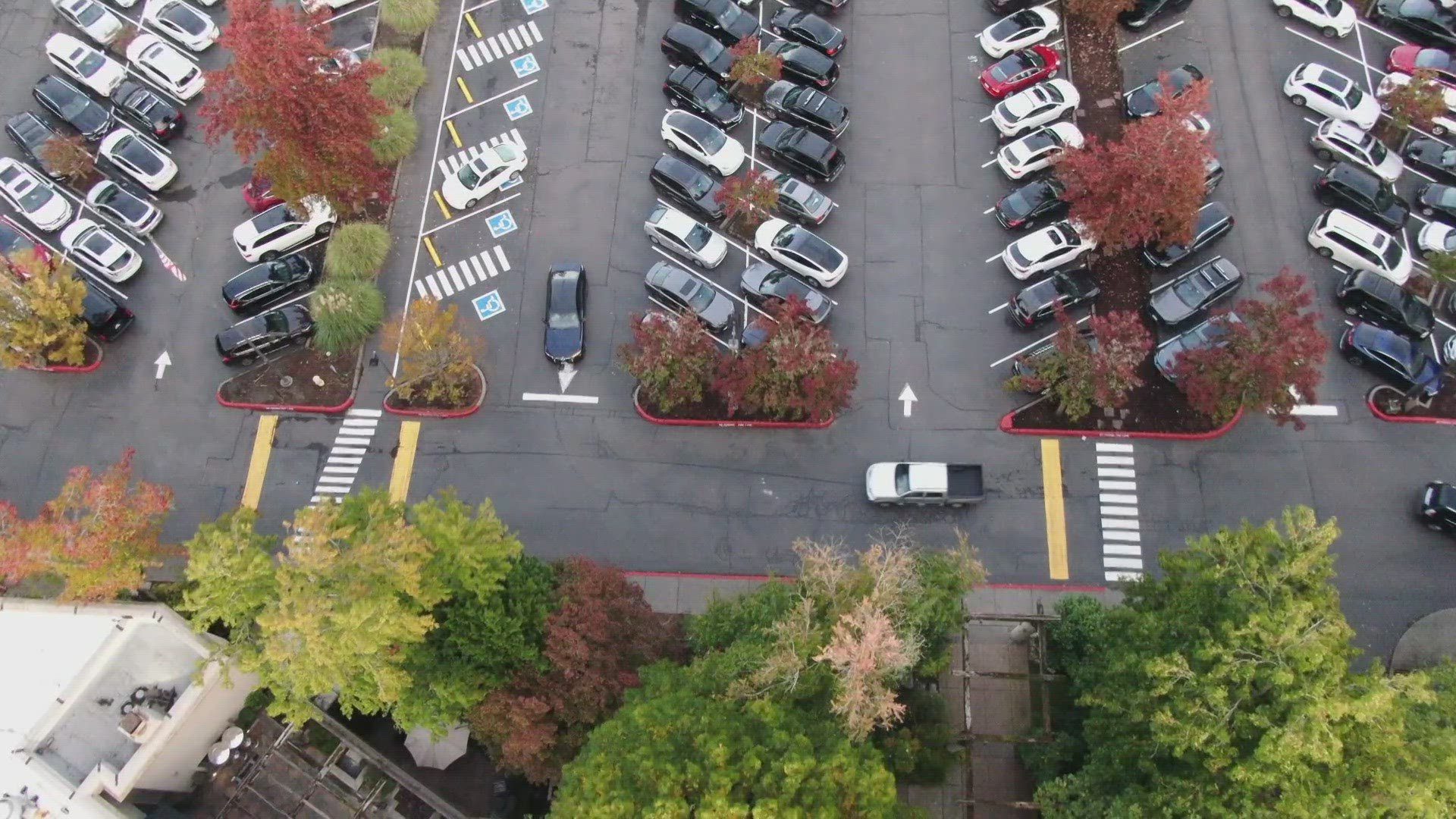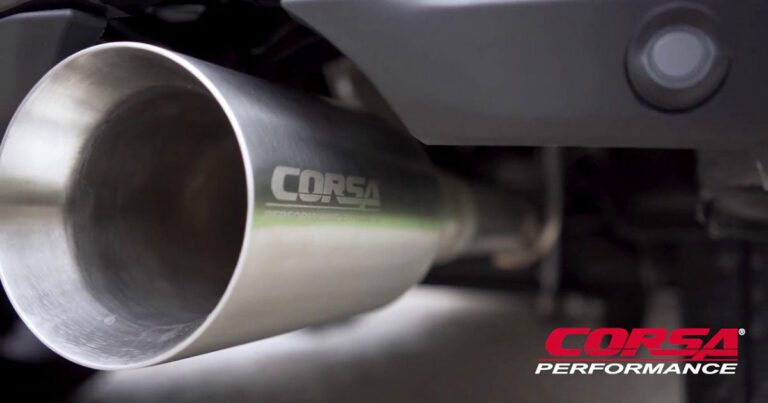Can You Repair a Catalytic Converter? Discover the Surprising Answer!
Yes, it is possible to repair a catalytic converter. A catalytic converter is an essential component of a vehicle’s exhaust system that helps reduce harmful emissions.
However, when it gets damaged or fails, it can affect the performance of the vehicle. Repairing a catalytic converter involves inspecting and diagnosing the issue, followed by fixing or replacing the damaged parts. It is important to consult with a professional mechanic to determine the best course of action for repairing a catalytic converter and ensuring the vehicle meets emission standards.
Regular maintenance and addressing any issues promptly can help extend the lifespan of the catalytic converter and avoid costly repairs or replacements.
The Basics Of Catalytic Converters
A catalytic converter is a critical component in a vehicle’s exhaust system that reduces harmful emissions, making it an essential part of modern vehicles. Understanding its workings can help you recognize signs of damage early on.
What Is A Catalytic Converter?
A catalytic converter is a device designed to convert harmful pollutants in vehicle exhaust gases into less harmful substances. Its primary purpose is to minimize air pollution by reducing toxic emissions before they are released into the atmosphere.
How Does a Catalytic Converter Work?
Inside a catalytic converter, a series of chemical reactions take place. This device contains a catalyst, often composed of platinum, palladium, and rhodium, which promotes these reactions. The catalyst facilitates the conversion of harmful substances such as carbon monoxide, nitrogen oxides, and unburned hydrocarbons into carbon dioxide, water vapor, and nitrogen gas.
Key Components of a Catalytic Converter
A catalytic converter consists of three main components: the core, the catalyst, and the shell. The core is a ceramic or metallic substrate that houses the catalyst. The catalyst, as mentioned earlier, is the material that prompts the chemical reactions. The shell, typically made of stainless steel or another heat-resistant material, protects the core and catalyst from damage.
Signs Of A Damaged Catalytic Converter
Over time, a catalytic converter may become damaged or fail. It is crucial to recognize the following signs:
- Decreased engine performance
- Increase in exhaust emissions
- Unusual smells
- Rattling noises from the exhaust system
Effects of a Faulty Converter on Vehicle Performance
A damaged catalytic converter can have adverse effects on the performance of your vehicle. It may cause reduced fuel efficiency, difficulty starting the engine, and even lead to engine misfires. It is essential to address any issues with your catalytic converter promptly to prevent further damage and ensure your vehicle runs smoothly.
Can A Catalytic Converter Be Repaired?
Can a Catalytic Converter Be Repaired?
Understanding the Potential Fixes
When it comes to catalytic converter damage, certain issues can be repaired. However, it’s important to know the possibilities for repair before making a decision.
| Different Types of Catalytic Converter Damage |
| 1. Physical Damage: This includes cracks or dents in the converter body. |
| 2. Clogging: Build-up of deposits within the converter, leading to reduced performance. |
| 3. Oxygen Sensor Failure: Malfunctioning sensors can cause converter issues. |
Possibilities for Repair
In some cases, minor physical damage can be welded or patched. Clogged converters may benefit from chemical treatments or professional cleaning. Oxygen sensor failures can be fixed by replacing the sensors. However, significant damage may require a complete replacement.
DIY vs Professional Repair
DIY repair methods, such as patching or cleaning the converter, may be cost-effective but require technical skills and knowledge. Professional repair ensures expertise and guarantees the best results. It’s crucial to consider the pros and cons of each approach.
Benefits of Hiring a Professional
- Expertise: Professionals have the necessary experience and knowledge to handle repairs effectively.
- Quality Assurance: Guaranteed high-quality repairs for long-lasting results.
- Compliance: Professionals ensure repairs comply with legal and environmental regulations.
Factors to Consider Before Repairing
Several factors should be taken into account when deciding whether to repair a catalytic converter:
- Age and Condition of the Converter: Older and severely damaged converters may not be worth repairing.
- Extent of the Damage: The severity of the damage determines the feasibility of repair.
- Legal and Environmental Considerations: Ensure repairs comply with regulations to avoid penalties.
Alternatives To Repairing A Catalytic Converter
One question that car owners often ask is, can a catalytic converter be repaired? While repair options may be limited, there are several alternatives to consider when dealing with a faulty catalytic converter.
Replacement Options
When faced with a damaged catalytic converter, one of the most common alternatives is buying a new one. This ensures that you get a fully functioning converter that meets all the necessary emission standards. However, it can be a costly option.
Another option is to go for used converters. While they may be more affordable, it is important to be cautious as there are potential risks associated with used parts. These include issues with compatibility and potential hidden damages.
Cleaning your catalytic converter can also be an option. There are DIY cleaning methods available, but their effectiveness may vary. Alternatively, professional cleaning services can provide a more thorough and reliable cleaning process.
Lastly, aftermarket catalytic converters can be considered as an alternative. They offer a more cost-effective solution but it’s important to weigh the pros and cons. Factors such as compatibility with your vehicle and overall performance should be taken into consideration.
Pros And Cons Of Aftermarket Options
| Pros | Cons |
|---|---|
| – Cost-effective option | – Compatibility issues |
| – Wide availability | – Potential reduction in performance |
| – Variety of options | – Quality concerns |
Overall, when it comes to repairing a catalytic converter, replacement options offer the most viable alternatives. Whether you choose a new converter, a used one, or consider cleaning options, it’s essential to assess the benefits and drawbacks based on your specific situation.

Credit: blog.evsolutions.com
Frequently Asked Questions For Can You Repair A Catalytic Converter
How Do You Fix A Catalytic Converter Without Removing It?
To fix a catalytic converter without removing it, you can use a catalytic converter cleaner. Simply pour it into the gas tank, and it will help to dissolve any carbon buildup and restore the converter’s efficiency. It’s a simple and cost-effective solution.
Is It Worth It To Fix A Catalytic Converter?
Yes, it is worth fixing a catalytic converter as it plays a crucial role in reducing harmful emissions from the exhaust system. Repairing it can improve fuel efficiency, prevent engine damage, and ensure compliance with environmental regulations.
Can You Clean A Catalytic Converter Instead Of Replacing?
Yes, it is possible to clean a catalytic converter instead of replacing it.
How Can I Make My Catalytic Converter Work Again?
To make your catalytic converter work again: 1. Check for any mechanical issues and fix them promptly. 2. Ensure proper fuel-to-air ratio and clean fuel injectors. 3. Use fuel additives to remove carbon deposits and unclog the converter. 4. Avoid excessive idling and use high-quality gasoline.
5. Consult a professional mechanic if the problem persists.
Conclusion
Repairing a catalytic converter is not a viable option due to its complex design and delicate structure. It is crucial to understand that this component plays a critical role in reducing harmful emissions from your vehicle’s exhaust. While some may suggest alternative solutions, it is best to consult a professional technician to determine the most appropriate course of action.
Remember, prioritizing regular maintenance and timely replacement of faulty catalytic converters ensures optimal vehicle performance and environmental responsibility.








